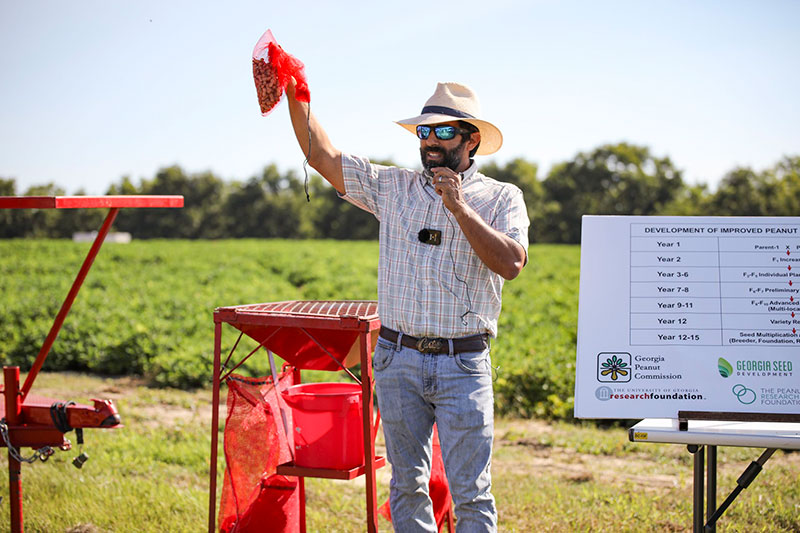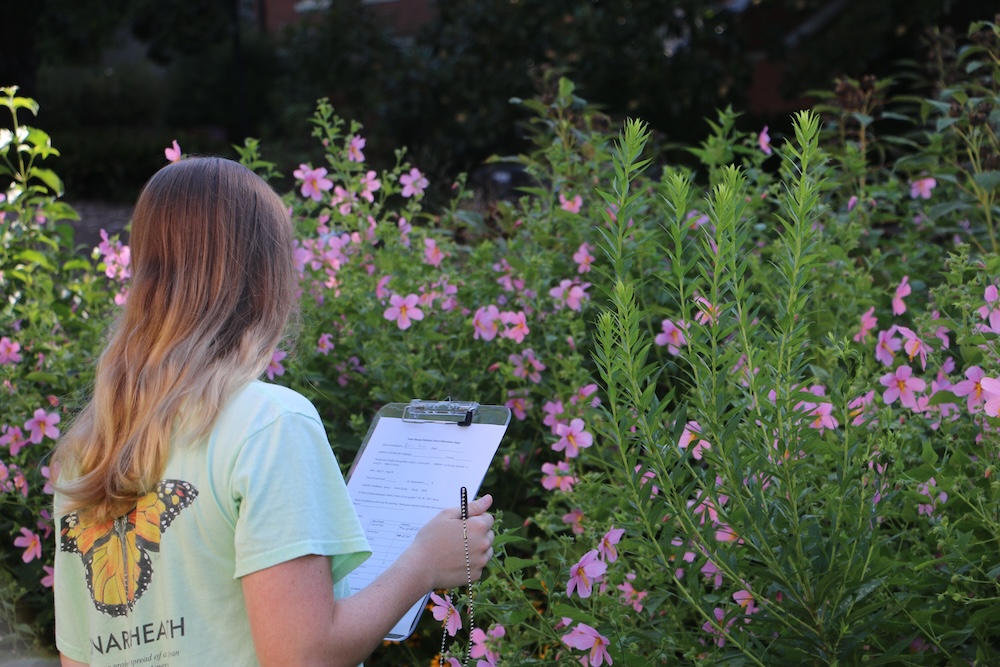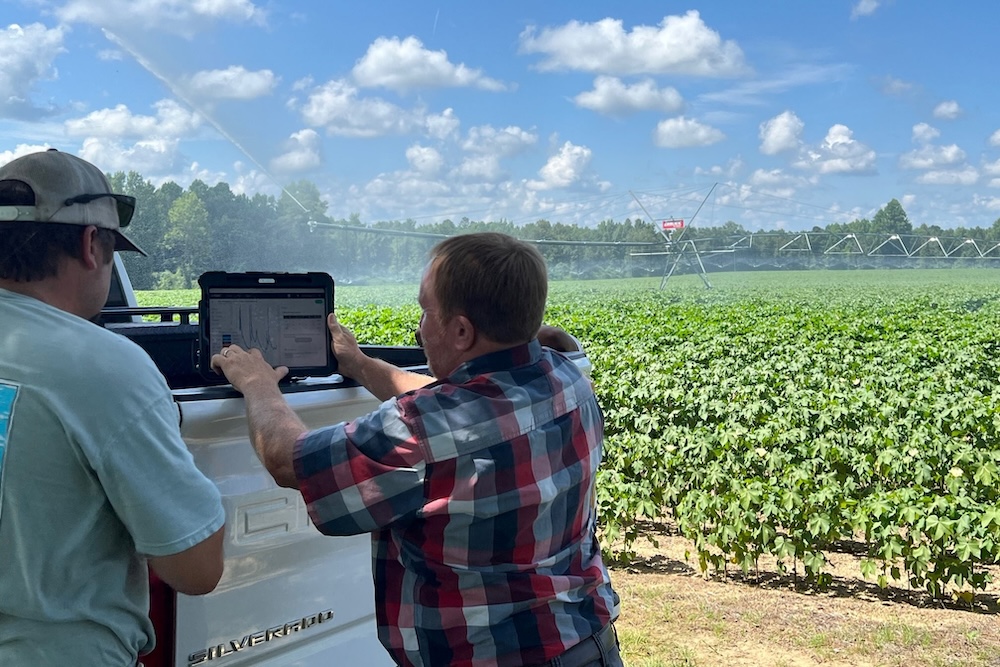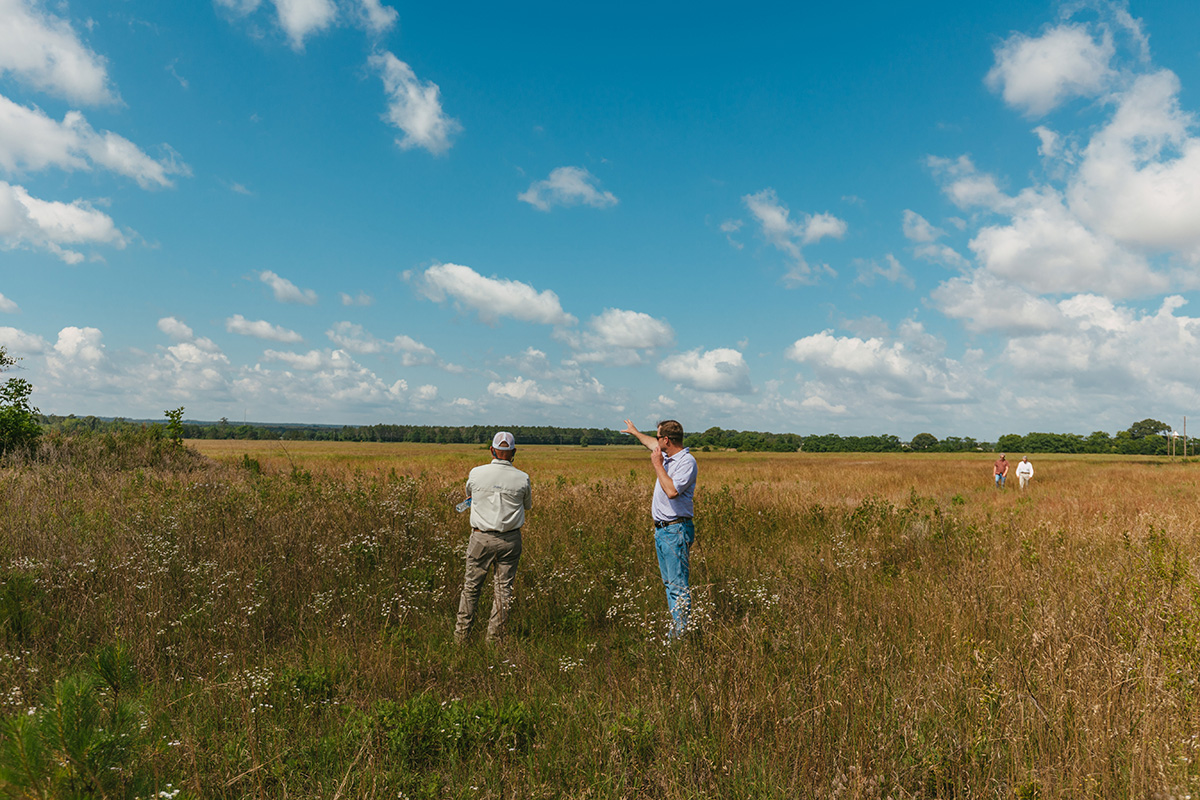 CAES News
CAES News
The Sky's the Limit
Nathan Tesfayi’s story is about resilience and big ambitions. Born in State College, Pennsylvania, to Ethiopian parents, his life journey has taken him from studies at the University of Georgia to research with NASA and more.






.jpg)


